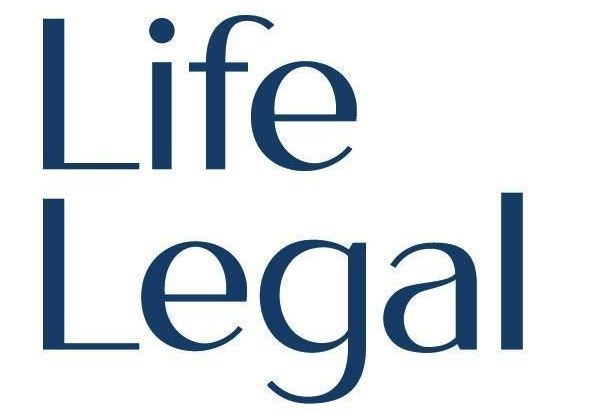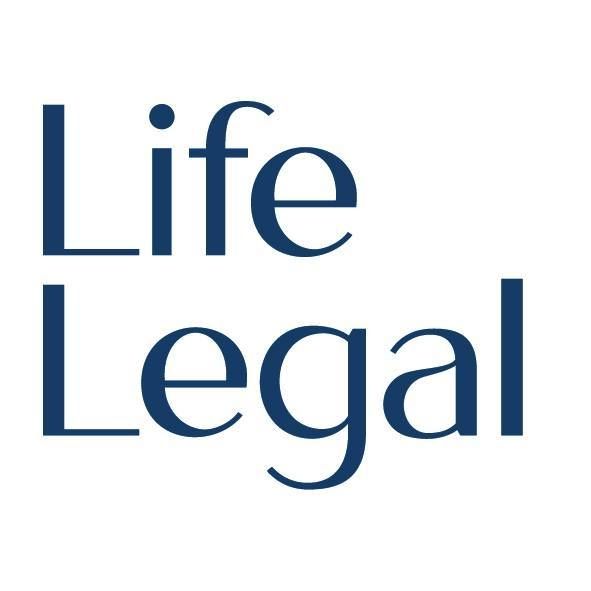LOCAL FAMILY LAWYER IN TOWNSVILLE
DEDICATED TO RESOLUTION
At Life Legal in Townsville, we are a boutique family law practice dedicated to helping couples and individuals successfully navigate their separation and have the best future possible.
Our experienced family lawyers can assist you with all aspects of your family law matter. With more than 16 years of experience in family law, we have helped thousands of people just like you through their separation.
Our focus is always on trying to resolve matters as quickly and efficiently as possible, and we specialise in alternate dispute resolution and negotiating settlements in a cost-effective way. However, there are times that there is no option but to commence legal proceedings. You can take comfort knowing that we will know exactly what to do and what will be the best way forward.
We know separation is difficult and that you are already dealing with many changes in your life. Let us help you get your life on track and plan for the future. We offer a full range of family law and dispute resolution services. So whether you need assistance preparing Family Court documents and agreements, help negotiating settlement, mediation or representation in Family Law Court proceedings, we can help you.
WHAT WE OFFER
Legal Advice & Representation
Whether you have just separated and don’t know where to start or have been separated for a while and are having problems, we are here to help.
We are experienced family lawyers who will guide you in the right direction. Sometimes, that involves giving advice so that you can negotiate yourself from a more informed position, sometimes that means us taking over the reins and negotiating and advocating on your behalf. Sometimes, it means going to Court.
Whatever your situation, we have the knowledge and practical experience to lead you in the right direction and get you to the outcome that is best for you and your family.
Whether it is a:
- Consent Order
- Parenting Plan
- Binding Financial Agreement
- Binding Child Support Agreement
- Financial Agreement
At Life Legal, we also offer:
Traditional Mediation
Mediation is a voluntary dispute resolution process where a professional mediator will guide and assist you and the other party resolve your dispute.
There are many benefits to resolving matters through mediation. Mediation is quicker, less expensive and less formal than the court process and will allow you to have control over the outcome. For these reasons, the outcome will generally be better than a Court-imposed decision.
Arbitration
Parties to a financial dispute can agree to appoint a specialist lawyer/arbitrator to make a decision about their matter. The parties will present their evidence and case to the arbitrator. They may have lawyers representing them in the same way as in Court proceedings but without the additional expense of the Court process and delays. The decision will be binding and able to be registered in the Court.






